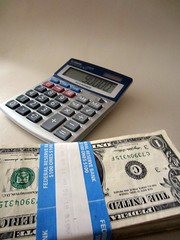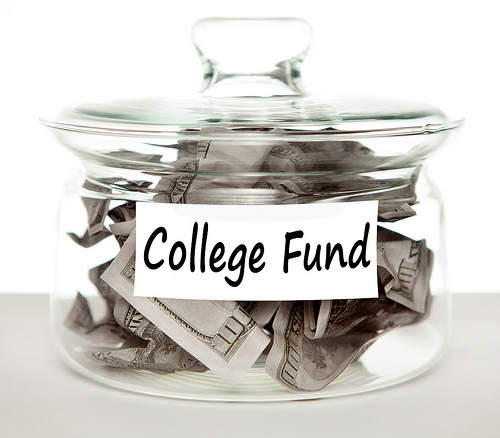Financial Planning and Budgeting
Very few people in today’s economy would be confident telling you that they have their finances under control. For many people, it is a daily struggle just to pay the bills, much less put anything away for savings or investment. If you are having a hard time with your finances, there are some steps that you can take to get your situation back under control again. At that point, you’ll be able to live a much fuller life without having to worry about the day to day financial problems that come up.
Budgeting
One of the most important parts of financial planning is budgeting. If you don’t have some kind of budget to go by, you’ll have a hard time making things work financially. You will probably end up spending more money than what you have, and it will be a struggle to get by. You won’t have anything left to save or invest.
When it comes to budgeting, there are a number of different systems that you could use. One of the easiest budgeting systems is the “envelope” budgeting system. With envelope budgeting, you determine the different categories where you spend money like groceries, gas, entertainment, and restaurants. When you make up your budget you write the amount allotted to each category on the appropriate envelope. Then when you get paid, you put the amount of cash that you want to in each envelope. When you pay for something, you determine which category it comes out of and then take the amount of cash out of the envelope. Once that envelope is empty, you can’t spend any more money on that category until you get paid again. This is a really good system because it helps hold you accountable to how much money you spend on different things. You won’t have to worry about spending too much money because you can only spend what you have on hand.
Even if you don’t use an envelope budgeting system, it is important to set up some kind of budget. The important thing is that you simply stick to the budget. Regardless of what type of budgeting system you implement, you have to follow the rules if you want to be able to make it work. Once you have a budget set up, you should then be able to set aside a certain amount for savings.
Savings
When creating your budget, you should plan to save a certain percent of your paycheck even before you have allocated enough to cover your expenses. The amount that you save is up to you, but it is important to make sure that you save something out of every paycheck. If you wait to see what is “left over” you will never save anything so plan for saving first.
As part of financial planning, it is critical to have some kind of emergency savings on hand. Many experts recommend having three to six months worth of expenses on hand in case you lose your job or have some other kind of emergency. Once you save up enough for your emergency fund, you should start saving for longer term expenses such as a college fund or retirement.
Insurance
Another essential component of financial planning is insurance. When you have a financial plan in place, it can completely be devastated if something unexpected comes up. Most people need life insurance, auto insurance, homeowners insurance, health insurance and disability coverage to make sure that they are protected. If you run a business, you’ll also need some business coverage as well.
Estate Planning
Estate planning is another important component of financial planning. You have to figure out where your assets will go when you are no longer around to use them. If you have a spouse and children to take care of, you need to make sure that you have the proper insurance coverage and estate planning documents on hand. For instance, creating a will or trust document ensures that your assets will go to the proper place when you pass away.
Investing
Investing is another critical component of financial planning. If you want to truly take control of your financial situation, you’ll have to allocate some of your resources to investing for the future. Many people in this situation open retirement accounts as a way to invest for the long-term. The nice thing about investing in retirement accounts is that you can take advantage of the tax benefits that allow you to accumulate money tax free for retirement. Besides having a retirement account, you may also want to open your own regular investment account so that you can grow the value of your money.
If you’ll take the time to get these areas of your financial life in order, you will gain peace of mind in addition to Security . If you don’t, you may struggle to get by and wonder where all your money went.
See Also:
- High Performance Savings Accounts
- College Savings Accounts
- The Wealthy Buy Assets, the Poor Buy Liabilities, and the Middle Class Buy Liabilities Believing They Are Assets
- Buying Stocks and Bonds?
- Investing in a Mutual Fund
- Low Mortgage Rates – Reduce Your Payment or the Length of the Loan?
- Why Buy Gold?
- Inflation Adjusted Gold vs Stocks vs Bonds



